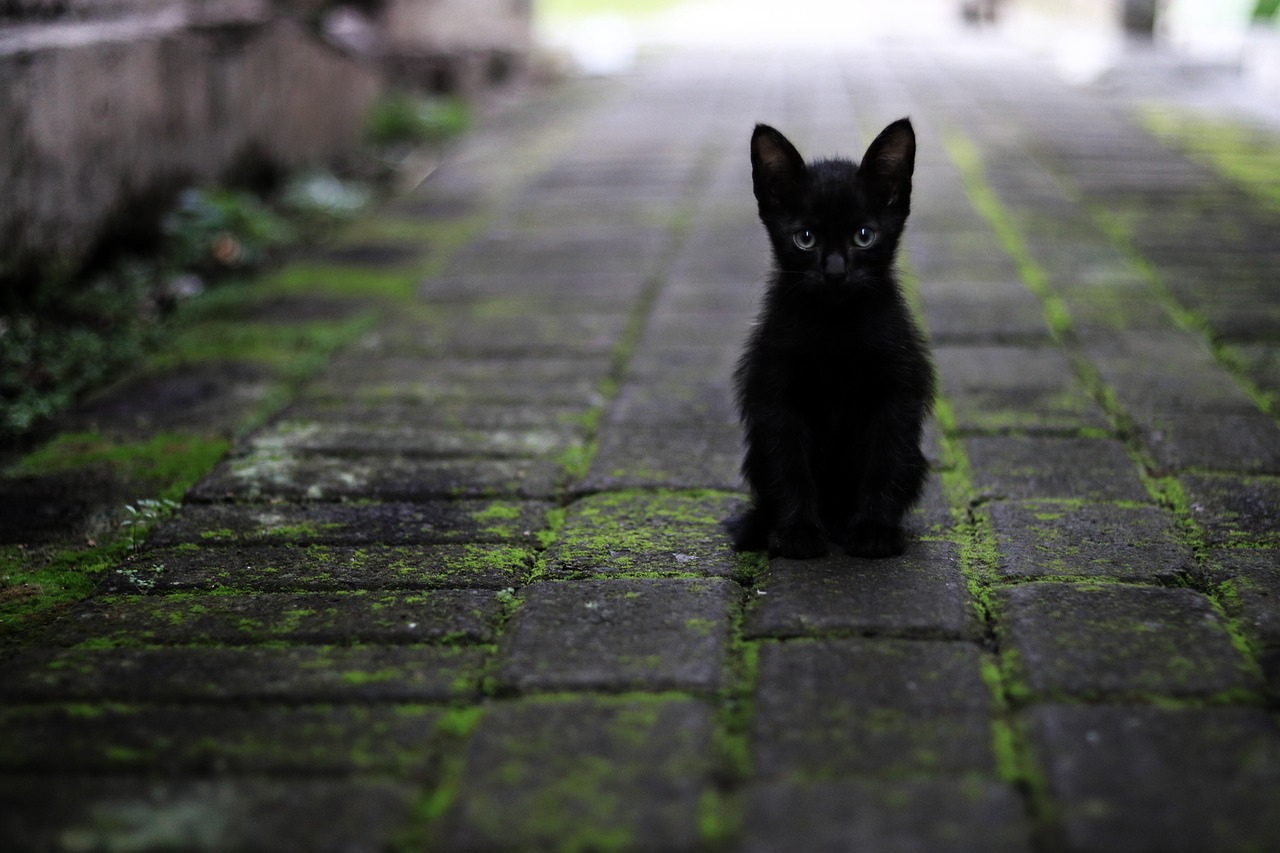
From Kitten to Senior Cat: Understanding the Different Life Stages
Contents
Introduction
Every cat is unique, and that’s especially true when it comes to their personality and behavior. That said, there are some general patterns you can expect as your kitty moves through the life stages. If you want to know what to expect from your furry friend as they grow older, read on!
Kitten
As a kitten, your cat is going through a lot of changes. Here are some of the most important things to know about what they’re experiencing:
- Development – Kittens are growing at an extremely fast pace, so it’s important to keep an eye on them and make sure their health isn’t compromised by anything like dehydration or malnutrition. They may not be able to tell you if something is wrong, so be sure to take them in for regular checkups at the veterinarian’s office.
- Behavior – The behaviors that kittens exhibit as part of their natural development can be quite different from those seen in adult cats–and sometimes even dangerous! For example, biting can happen when kittens play too rough with each other or with humans; this is actually normal behavior for young cats but becomes problematic once they reach adulthood (see below). Fortunately there are ways we can prevent this type of thing from happening again once our pet starts maturing into adulthood (more on this later).
Adult Cat
Adult cats are typically more independent than kittens and puppies, but they still need regular veterinary care. They should see the vet once a year for a wellness exam, as well as any time they start acting sick or injured.
Your cat’s teeth will also need attention during this stage of its life–and throughout all stages! Regular dental care is important because it can prevent gum disease and tooth loss later on down the line. You can brush your pet’s teeth with an enzymatic toothpaste at home or take them in for professional cleaning at least once every six months (recommended).
Senior Cat
As cats age, they may experience a variety of health problems. The most common issues include arthritis, heart disease and kidney disease. Senior cats can also become overweight or obese if they are not monitored closely by their owners.
Senior citizens require special diets that provide proper nutrition for their age group’s unique needs (for example: seniors should not eat foods high in protein because this can cause kidney damage). Additionally, senior cats will often need smaller meals fed more frequently throughout the day because they tend not to eat as much at one time as younger felines do – these smaller meals should contain moderate amounts of fat so as not to upset their digestive systems too much (but still enough calories)
Keeping Your Cat Healthy Through the Life Stages
While you want to keep your cat healthy throughout all of its life stages, there are some things that you can do to help ensure that they stay as healthy as possible.
- Get them vaccinated. The first step in keeping your cat healthy is getting them vaccinated on a regular basis. Vaccines will protect them from diseases such as rabies and feline distemper virus (FIV), which can be fatal if contracted by an unvaccinated animal.
- Feed them properly! Cats need specific nutrients like protein and fat in order to maintain good body weight and muscle tone over time; if they don’t get enough of these nutrients through their diet then they may develop osteoarthritis or other health problems later on down the road–which could make it harder for both humans and felines alike when it comes time for treatment options such as surgery! So be sure not only about what kind(s) foods/drinks should include but also how much should actually consumed each day.*
Knowing what to expect from your cat at each stage of life will help you make sure they stay healthy and happy.
Kittens are playful, active, and curious. They’re just learning how to be cats so they’ll be extra curious about everything in your home. It’s important that you keep kitty litter boxes hidden from view so they don’t accidentally eat them! Adult Cat
Adult cats are calm, content, and independent–but they still need their humans’ love and attention! Senior Cat
Seniors can have health problems like arthritis or diabetes (or both!), which means it might take more effort for them to get around than before.
Conclusion
We hope that this article has helped you understand what to expect from your cat at each life stage. We also know that it can be hard to tell if your feline friend is sick or not, so we want to remind you that the best way to keep them healthy is by having regular checkups with their veterinarian!



Average Rating